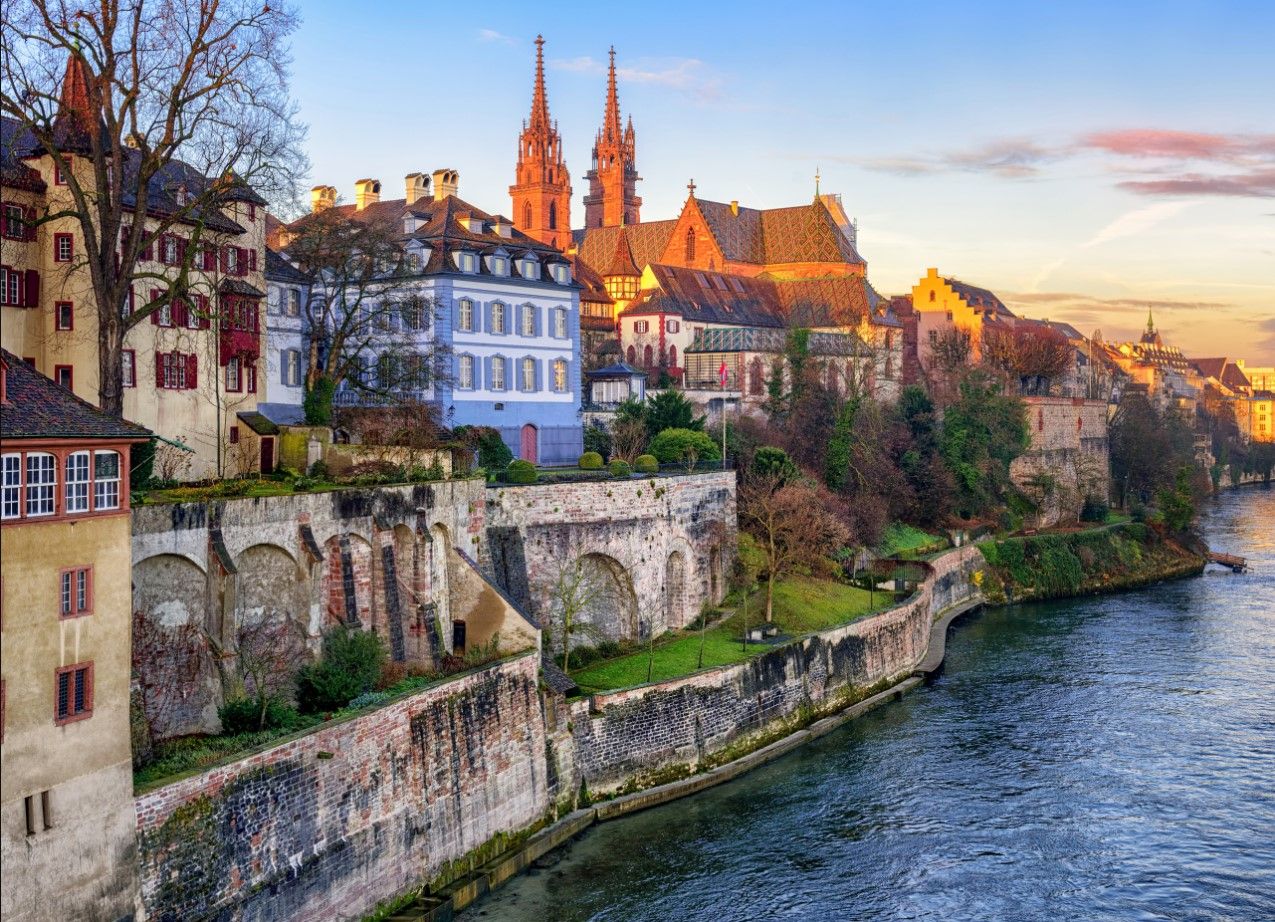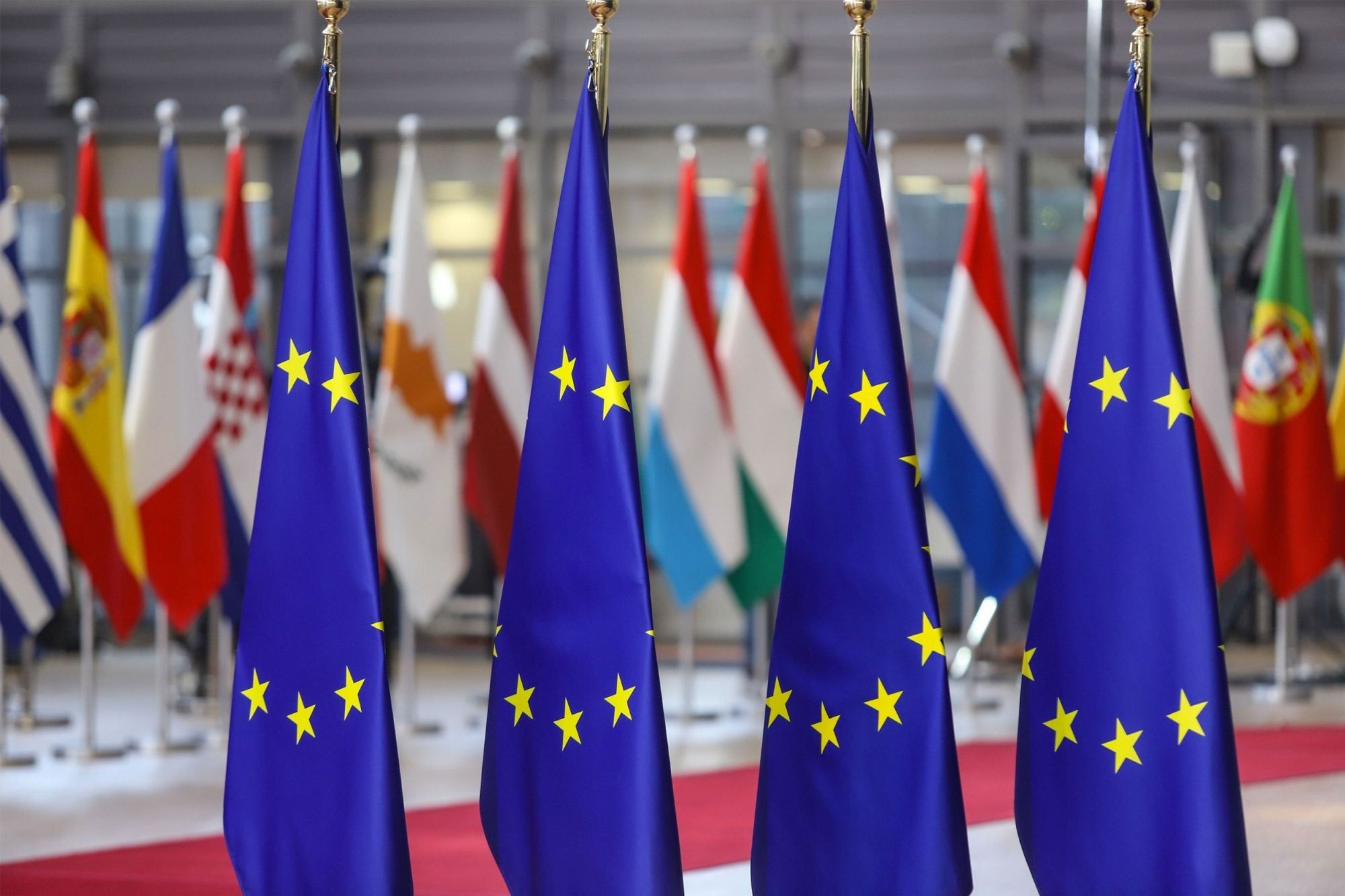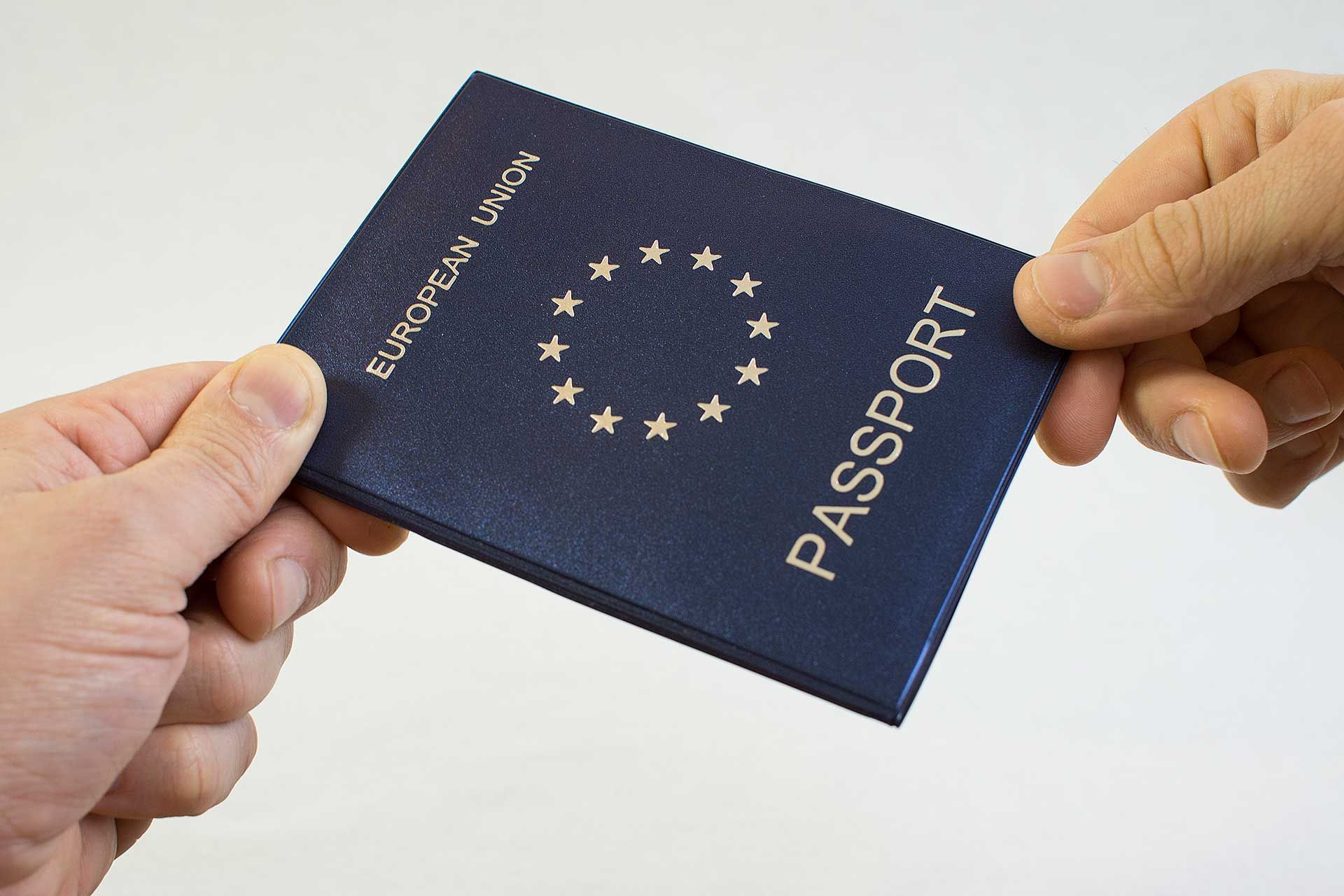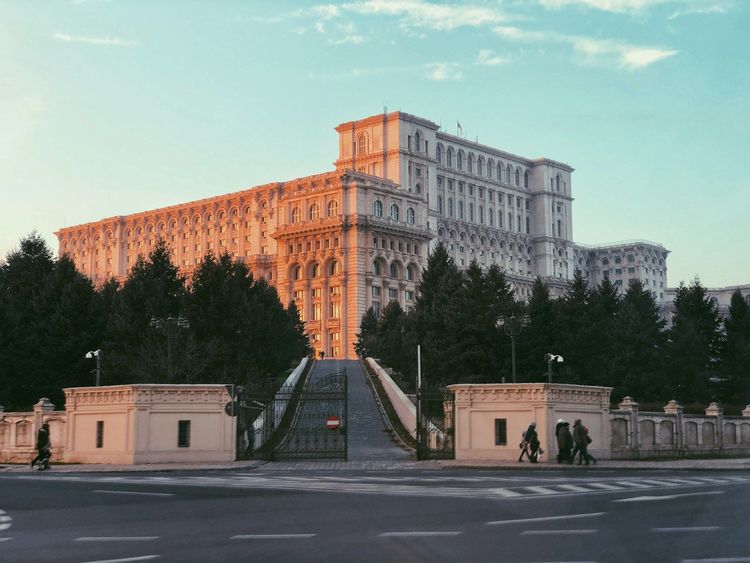Recently, the possibility of obtaining a residence permit in Europe has become an increasingly important topic for many Russian citizens. The opportunity to live in a stable economic and political environment, access to quality education and medical services, freedom of movement within the Schengen zone - all these factors make a European residence permit a desirable document. Let's look at the main aspects and requirements that need to be considered when applying for a residence permit in various European countries, as well as study which countries offer the most attractive and affordable programs for Russians.
What gives you a European residence permit
A residence permit in Europe offers its holders many opportunities and advantages:
- Freedom of movement in the Schengen zone countries.
- Access to high quality education and healthcare in Europe.
- Opportunity to do business in a stable economic and legal environment.
- Improved quality of life due to high standards of social protection and infrastructure.
- Prospects for permanent residence and citizenship after certain conditions are met.
Pros and cons in different countries
Hungary
Hungary is a country with a continental climate located in the central part of Europe. Here, cold winters are replaced by warm, often hot summers. Hungary is attractive to investors due to its political stability, developed infrastructure and accessibility to major European markets.
Investment requirements: In order to obtain a residence permit through the investment program it is necessary to invest a minimum of €250,000 in government bonds or other approved financial instruments, with the obligation to maintain the investment for a period of 5 years or more.

Pros:
- Possibility to obtain a residence permit on the basis of economic investments without the requirement of permanent residence in the country.
- No language barrier when applying for documents, as many services are provided in English.
Minuses:
- Relatively high cost of living and taxation compared to other Eastern European countries.
- The need to maintain investments over a long period of time.
Hungary offers several programs for obtaining a residence permit, including investment programs and programs for entrepreneurs who plan to open a business in the country.
Switzerland
Switzerland, known for its picturesque landscapes and high quality of life, is located in the heart of Europe and is famous for its temperate climate. Winters are quite mild and summer temperatures rarely rise above 25 degrees Celsius. The country attracts with its political neutrality, stability and developed financial services.
Investment requirements: Switzerland does not offer a direct investment program for obtaining a residence permit, but foreign investors can apply for a residence permit if they conduct business in Switzerland that contributes to the local economy. Investment amounts can vary considerably depending on the region and type of business.

Pros:
- High standard of living and economic stability.
- Excellent social protection and health care.
- Neutral country status, which ensures political and economic security.
Minuses:
- One of the highest cost of living levels in the world.
- Complicated requirements and restrictions for foreign investors and entrepreneurs.
In addition to standard business migration, Switzerland offers “lamp permits” for large foreign investors who can prove their financial independence and are willing to invest in the local economy.
Common disadvantages
Obtaining a residence permit in Europe can come with a number of common disadvantages, including:
- High investment requirements: The need for significant financial investment is a major barrier.
- Residence permits do not grant automatic employment rights: A separate work permit is often required.
- Business restrictions: A residence permit through investment usually does not allow the holder to operate a business other than the one being invested in.
- Residency Requirement: Most countries require investors to spend at least 6 months per year in the country to maintain residence status.

How to apply for a residence permit
Applying for a residence permit in Europe involves several steps, which may vary from country to country. However, the basic steps remain common:
- Research the requirements: The first step is to thoroughly research the requirements for obtaining a residence permit in your chosen country, which may include certain investment conditions, housing availability, or proof of financial stability.
- Document preparation: Gathering all the necessary documents, which usually include passport, documents of financial independence, housing contracts, and, in the case of investment programs, documents proving the investments.
- Application: You can apply for a residence permit either in person at the country's consulate or embassy, or through accredited agents or law firms specializing in immigration law.
- Online Verification: In many countries, an online pre-verification is available, which allows the applicant to find out if he or she is eligible for a residence permit before officially submitting all documents. This can be done through official government websites.
What documents are required to submit an application
The documents required to apply for a residence permit can vary by country and program type, but typically include:
- Passport: Valid and with sufficient validity.
- Photographs: Standard biometric photos for visa documents.
- Financial documents: Bank statements, proof of income or investment.
- Proof of Housing: Rental agreement or certificate of ownership of housing in the country where the residence permit is requested.
- Health Insurance: A valid health insurance policy covering the entire period of stay.
- Criminal record certificate: A document confirming that you have no criminal record.
- Application form: A completed residence permit application form provided by the immigration office.
These documents may require notarization or apostilization, as well as translation into the official language of the country of application.






